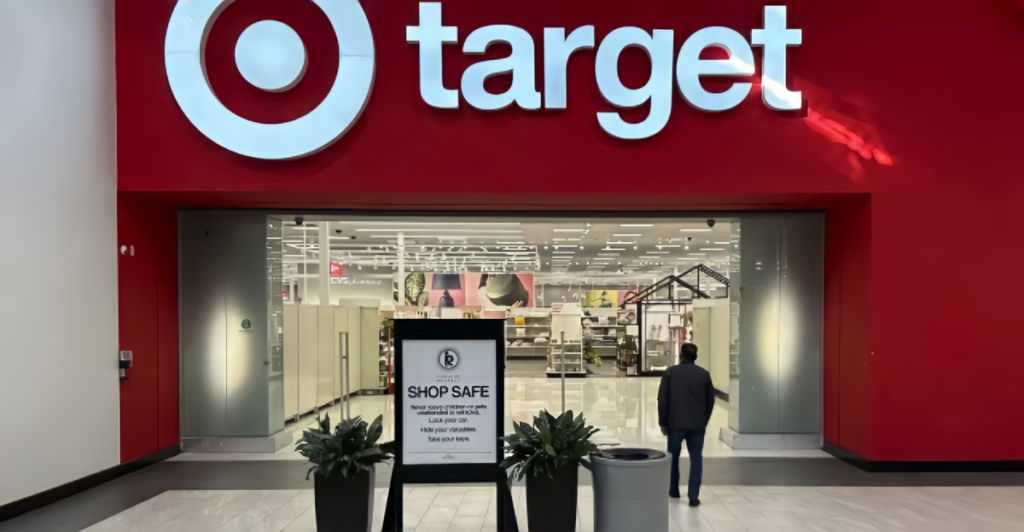
In 2021, Target made headlines by vowing to spend over $2 billion with Black-owned businesses over the next five years. This high-risk bet was presented as a response to the national reckoning on racial injustice during the Black Lives Matter movement.
However, by early 2025, that optimism turned into a scandal. Target quietly dismantled its diversity initiatives, resulting in nationwide boycotts, crashing stocks, and a collapse in public trust.
Now, consumers are demanding accountability. As political headwinds and economic pressures increase, this $2 billion commitment has become more than just a fiscal figure—it’s a cultural lightning rod. Can Target maintain its promise and rebuild consumers’ trust?
The $2 Billion Promise

In April 2021, Target publicly pledged to spend over $2 billion with Black-owned businesses by the end of 2025. The initiative was announced during widespread calls for racial equity in commerce, especially after the Black Lives Matter protests highlighted that corporations often profited from Black pain.
The pledge included expanding relationships with Black suppliers, supporting entrepreneurs through its Forward Founders program, and boosting shelf space for over 500 Black-owned brands.
Target positioned the action not simply as corporate generosity, but innovative business, tapping into diverse consumer groups with growing purchasing power. As a result, it was hailed for putting its money where its marketing was. But that praise wouldn’t last forever.
Unfolding the Commitment
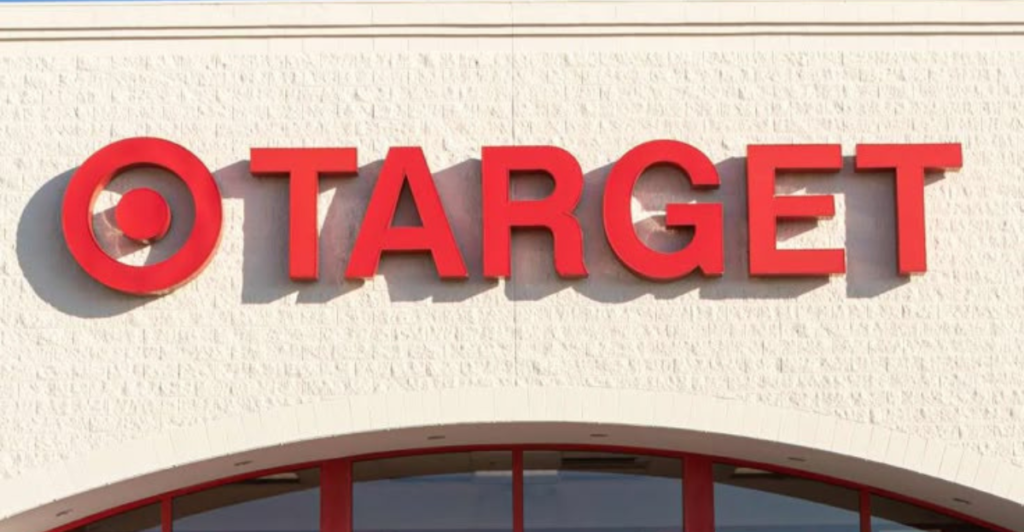
By mid-2022, Target reported concrete progress toward its $2 billion goal. The company saw a 50% increase in investment with Black-owned vendors compared to 2020 levels, and over 100 Black-owned brands were brought into its stores.
Forward Founders, a mentorship program launched under this initiative, supported dozens of entrepreneurs navigating complex supply chains and retail growth. Target also launched the Roundel Media Fund, which exposed Black-owned companies to complimentary advertising within its network.
The initial momentum reflected the company’s efforts to not only check the boxes of its pledge but also include critical infrastructure-building endeavors. However, critics warned that these advances could be easily reversed if corporate leadership changed or public interest waned.
The Quiet Rollback
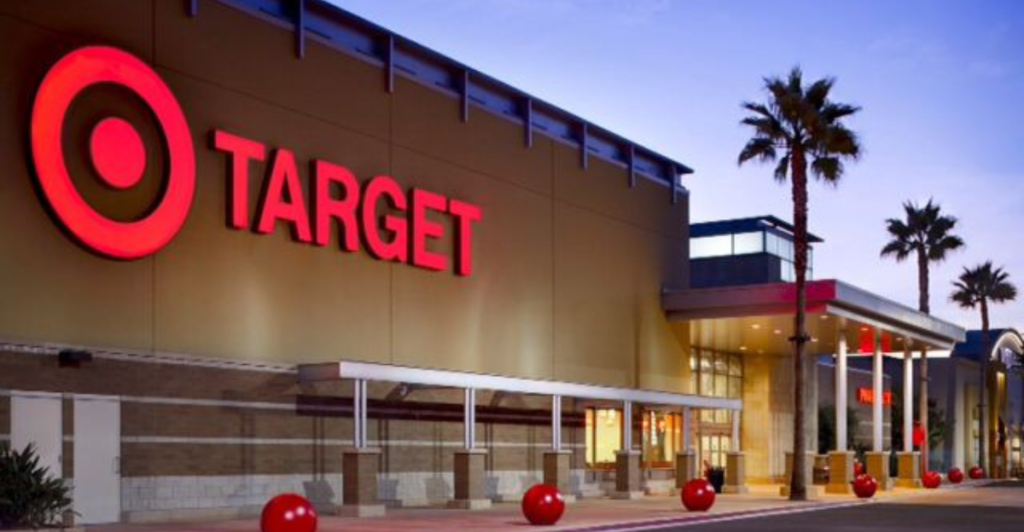
In January 2025, Target abruptly dismantled key Diversity, Equity, and Inclusion (DEI) initiatives. This included those that encouraged and supported Black-owned suppliers and diversity hiring goals within the firm.
The move came in the wake of political backlash and increasing conservative pressures on “woke capitalism.” Further, a Supreme Court ruling that eviscerated race-conscious policies introduced additional legal risk.
The timing was unexpected: Why retreat halfway? Target cited needing to “refocus resources,” but critics argue that this move amounts to a broken promise. The pullback was muted, but its echo was cacophonous, eliciting concerns over whether the $2 billion pledge was a sincere commitment or marketing theatre.
A $12 Billion Market Meltdown
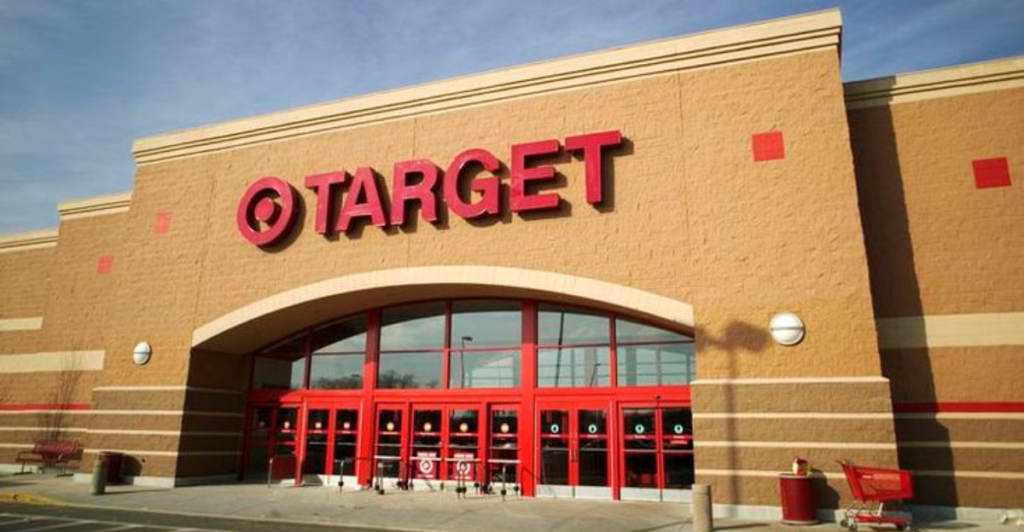
Target’s withdrawal did not go unnoticed. On 28 February 2025, consumers staged “A Day Without Black Shoppers”—a single day on which consumers were to boycott all purchasing behaviors. The same day, Target’s stock plummeted, wiping out over $12.4 billion in market value.
The connection was too evident to ignore. Many argue that Target’s decision to dismantle its DEI initiatives betrays its younger, more diverse customers. The market seemed to concur.
Further, when online campaigns spread with hashtags such as #HoldTargetAccountable, the company was in the crosshairs of activist indignation and investor hysteria. Few occurrences in retail history have tied corporate equity vows so inexorably to Wall Street’s anger.
The 40-Day Boycott Movement
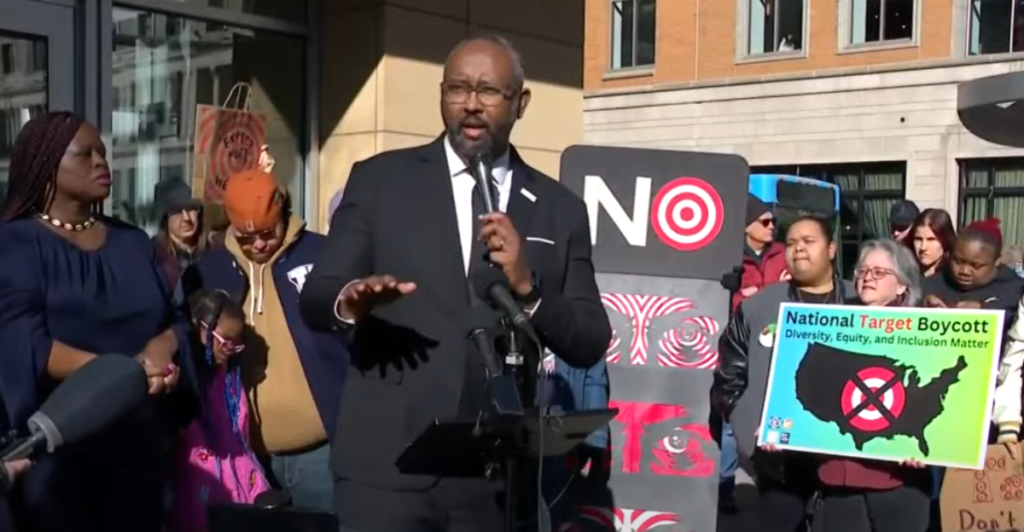
Weeks later, Rev. Jamal Bryant encouraged consumers to avoid the chain, with over 150,000 Black Americans beginning a 40-day boycott over Lent. The “Target Fast” was both economic and spiritual.
The Clergyman used Biblical fasting and civil rights-era boycotts as precedent, holding consumer behavior synonymous with moral responsibility. For 40 days, consumers committed to not shopping at Target or investing in its stock.
Activists and clergy nationwide coordinated the protest using social media and grassroots organizing. It wasn’t just about Target; it was a litmus test of whether corporations are holding up their racial justice commitments. As a result, Target saw an average 6.2% decrease in weekly foot traffic to its stores.
Black-Owned Brands Speak Out

In a surprising (or not surprising) turn of events, a number of Black-owned brands asked shoppers to keep on shopping at Target. Why? Because the boycotts could be more harmful to minority suppliers than to corporations.
Founders of brands such as Honey Pot and Partake Foods highlighted the need for additional retail exposure to remain operational. Ultimately, the logic makes sense: if consumers stop buying from Target, sales of Black-owned products will decrease, resulting in Black-owned businesses losing both negotiating leverage and shelf space.
This contradiction created a conundrum: how can a company be held accountable without harming those it is meant to empower?
The DEI Backlash Across America
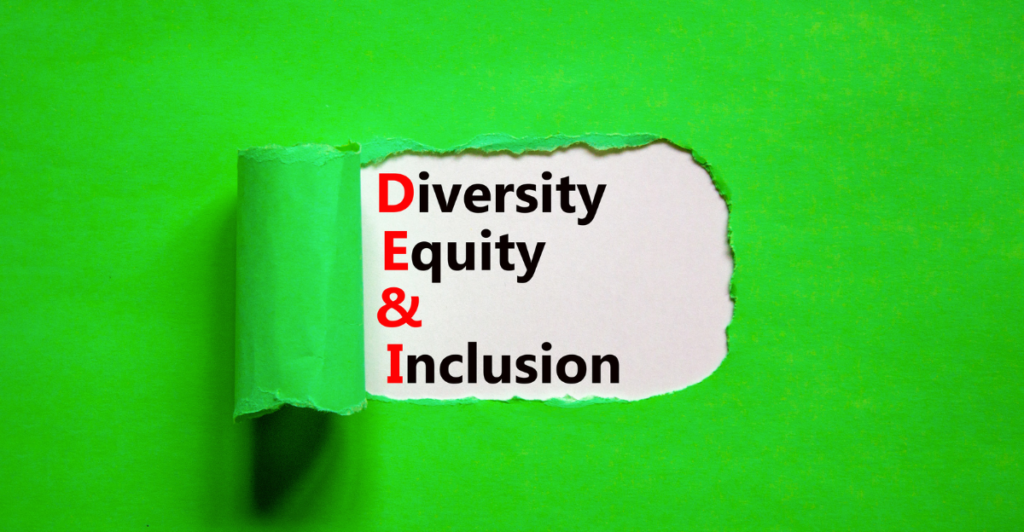
Target’s exit is indicative of a broader national trend. DEI efforts have been called into question companywide. Anti-DEI legislation is being enacted at the state level as companies are being pressured to “depoliticize” their operations.
This backlash, however, risks eliminating decades of incremental equity gains. Starbucks, Disney, and even tech companies like Google have all faced such reckoning. DEI is not symbolic—it’s tied to procurement, hiring, innovation, and market expansion.
Critics argue that canceling these initiatives in the face of pressure gives credence to the idea that equity is optional. The debate isn’t about “wokeness” anymore—it’s about whether corporations actually see racial justice as profitable or disposable.
Lessons from History

It is not novel for corporations to overpromise on race. After the 1965 Watts rebellion, big corporations pledged investment in Black America, only to pull out within a decade. In the 1990s, PepsiCo launched “Project Refresh” to fund community initiatives but quietly allowed it to expire in 2005.
The playbook is too well-known: crisis, commitment, slippage. Target finds itself today at a crossroads in its history. Either it joins the roster of brands that caved under pressure, or it will become a permanent case study of corporate accountability.
The lesson? Public commitments that are not backed up by institutional commitment will likely fail. True equity means structural change, not PR stunts.
What’s Next for Target
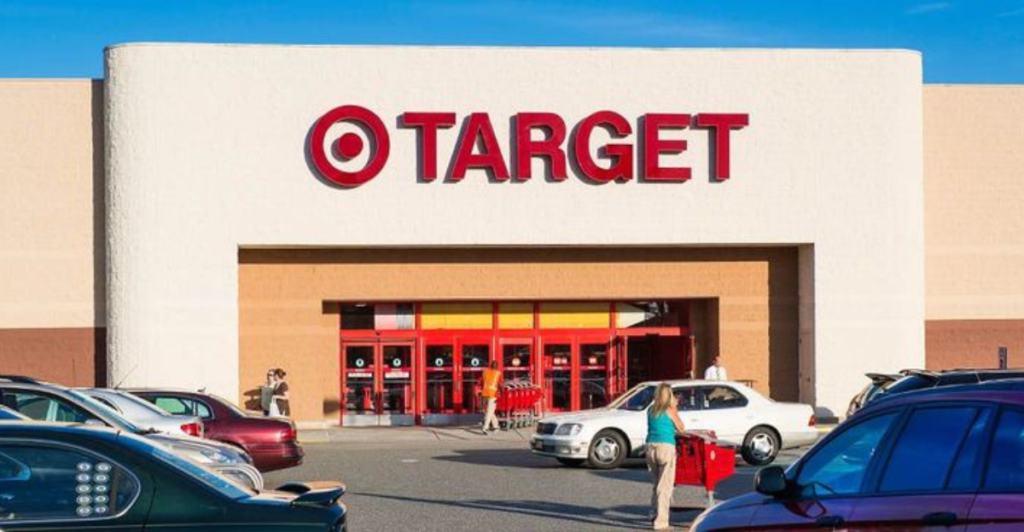
Target can still deliver. The $2 billion commitment doesn’t expire until the end of this year, and cost-cutting efforts have been made, but much of the infrastructure remains. But talk is cheap; only action will cement its legacy.
Consumers are more intelligent, connected, and quicker to mobilize their forces than ever before. If Target is to regain its consumers, it must report publicly on progress, rebuild trust, and recommit—not retreat.
This isn’t about optics; it’s about business and values in a culture of hyper-accountability. What happens during the next 12 months will determine whether Target will redeem itself or go down in history as a cautionary tale. The clock is ticking.
Discover more DIY hacks and style inspo- Follow us to keep the glow-up coming to your feed!
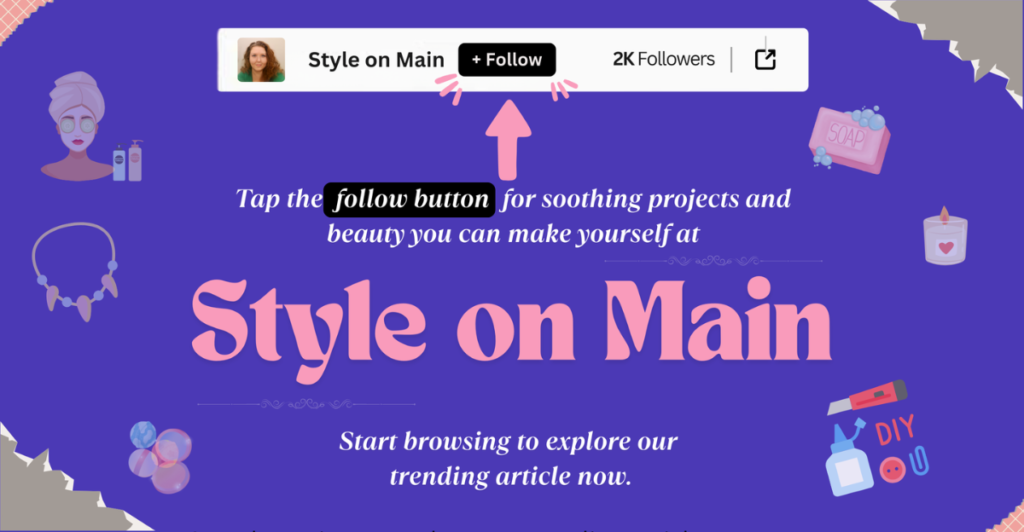
Love content like this? Tap Follow at the top of the page to stay in the loop with the latest beauty trends, DIY tips, and style inspo. Don’t forget to share your thoughts in the comments — we love hearing from you!